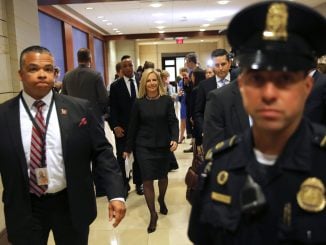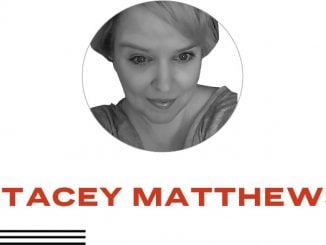
RALEIGH — The North Carolina State Board of Elections has announced the opening of a public comment period following a letter requesting a declaratory ruling related to a numbered memo issued by the head of the department.
The request was filed on May 14 by the North Carolina Republican Party, Cumberland County Board of Elections member James H. Baker and Jerry Alan Branson, a candidate and voter from Guilford County.
A press release from the North Carolina State Board of Elections (NCSBE) states “North Carolina law currently requires an absentee voter to confirm their identity by having two witnesses or a notary attest that the voter completed their ballot.” The press release then claims that “This request seeks an additional layer of verification for absentee voters.”
The “additional layer” sought by the request letter is the reversal of a numbered memo issued by NCSBE Executive Director Karen Brinson Bell regarding absentee ballots. While state law does not specifically state voter signatures on absentee ballots need to be compared, the request filed by the NCGOP outlines Brinson Bell’s memo orders county boards of elections not to verify signatures on absentee returns.
The NCGOP’s request states “NCSBE Numbered Memo (“N.M.”) 2020-15, issued by NCSBE Executive Director Karen Brinson Bell, provides that “County boards should accept the signature on the absentee request form if it appears to be made by the voter or their near relative or legal guardian. The voter’s signature should not be compared with the voter’s signature on file because this is not required by North Carolina law.”
“It is incomprehensible that the NC Board of Elections would actively prohibit County Boards from using signatures that they already have on file to verify absentee ballots,” NCGOP Chairman Michael Whatley said in a statement to North State Journal.
“The commonsense measures that the NCGA has put in place to protect the ballot in North Carolina – such as signature verification requirements for absentee ballots – are critical election integrity safeguards,” Whatley said. “We encourage the Board of Elections to take every step to enforce them and increase confidence that our elections will be secure.”
The request also calls out a related previous NCSBE memo, N.M. 2020-19, which the NCGOP says threatened “removing any county board who does not follow their illegal edicts,” and that prior to the 2020-19 memo, it was “common practice” for county boards to compare signatures.
Additionally, the request letter says the “guidance from the NCSBE diminishes the statutory safeguards” put into place by the legislature, as well as calling out the NCSBE for blocking county boards from “using all available resources at their disposal to ensure they are fulfilling their statutory duties.”
“Ultimately, the NCSBE’s unlawful guidance could cause vote dilution due to the potential for illegal absentee ballots to be sent out and illegal absentee votes to be counted,” reads the request letter. “As it stands under current NCSBE guidance, every legal vote that is cast could be diluted by the illegal votes accepted pursuant to the guidance and direction of the NCSBE.”
The public comment period will run from June 10 through July 5. Members of the public may comment in three ways:
Online: https://www.ncsbe.gov/2022-public-comment-period-signature-verification-absentee-voting
Email: rulemaking.sboe@ncsbe.gov
Mail: Attn: Legal Division, 6400 Mail Service Center, Raleigh, NC 27603-1362
According to the NCSBE press release, the comments will be compiled and posted online before the State Board meets to consider a ruling on the request, “likely in mid-July.”
During the 2020 election cycle, a record 5.55 million votes were cast; 1 million of those votes were cast by absentee ballot.
After seeing the large number of absentee ballots cast in 2020, including the creation of a new online ballot portal, an investigation by North State Journal uncovered a previously unknown outside money offer from a Democrat-linked organization. The grant money was not accepted by the NCSBE but was directly linked to funding the creation of the state’s online ballot portal powered by Democracy Live.



